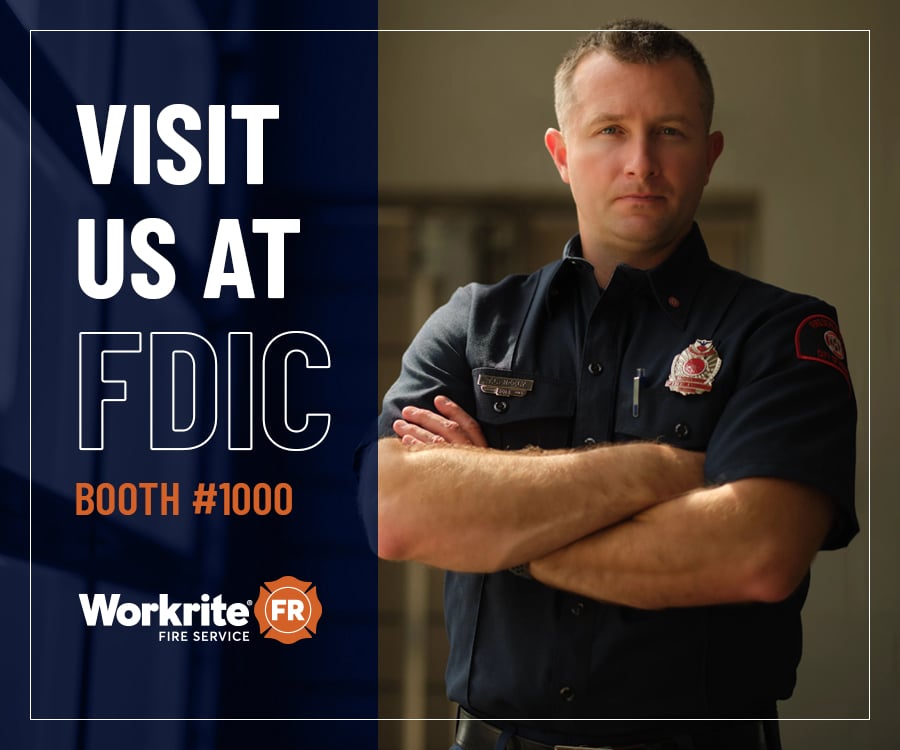Leave Your A-Type Personality At The Firehouse

By Millicent SimonicsLots of people with type A personalities don’t have trouble switching gears between their work and family lives.
People often have a mystified impression of firefighters, and for good reason. Firefighters are our first line of defense against many natural and manmade disasters, jumping into action in situations where the natural (and wise) instinct is to flee. It takes a certain kind of person to willingly choose the life of a firefighter, as they must be comfortable with a career governed by the adrenaline rush. They must also keep a cool head and be decisive and extremely detail-oriented in these stressful situations.
All of these traits point to the “type A” personality. Many firefighters identify themselves and their comrades as type A, which is totally on point. They are able to stay level-headed in an emergency and, instead of giving in to fear, can actually focus on the thrills of firefighting. While there has been plenty of research conducted to solidify the link between firefighters and their type A personalities, much less has been done to figure out how those high-octane seeking, uber-organized individuals operate when they return home at the end of their shift.
Fires may be unruly, but there are strict rules and procedures in place that allow firefighters to find order and control in the midst of chaos. However, there is no manual or handbook to help them withstand the everyday chaos of running a household with their spouse. Firefighters often find that helping with homework, getting dinner on the table, and the other minutiae of domesticity don’t provide the same adrenaline spike, which can make it feel like unfulfilling work.
Lots of people with type A personalities don’t have trouble switching gears between their work and family lives. In fact, many see the two spheres as two sides of a well-rounded existence that may not always be entirely compatible, but at least complement each other. But this may not the case with type A firefighters. Relaying the particulars of a tough day is not something that firefighters can easily do, and they may purposely keep from their spouse the danger and trauma that comes with the job in order to spare them from stress and worry. This means that firefighters may not feel like home is a relaxing haven away from the station, but rather an unstructured place with different rules and a spouse who will worry about their safety if they share unpleasant or distressing on-the-job stories.
So how do firefighters smoothly transition from their demanding role at the station to one that’s very different but no less challenging at home? Here are a couple of tips that explain some strategies both firefighters and their families can adopt to have a more satisfying and peaceful home life:
- In the past, firefighters and their families formed tightly knit groups that relied on each other for physical and emotional support. Firefighters had this built-in tendency to give and reach out for support due to the long hours they spend at the fire station, but spouses and families also played an essential role in every firefighter’s support system. Firefighting in the digital age has definitely changed the way firefighters connect with their loved ones, so families should try to re-create the networks that have always been integral to every firefighter’s well-being. Families can now use technology to talk about the issues that uniquely affect them in a way other families can’t relate to. Knowing that their spouse is equipped to help them with work stress can ease some of the pressure firefighters feel when coming back home. The bottom line: reach out! Start a Facebook group for firefighter’s families in your area. Arrange events for people to meet IRL – as the kids say – and watch your support network grow.
- This may seem like a no-brainer, but RELAX. Firefighting is stressful and firefighters may need to disengage mentally and emotionally to do their jobs, but they need to re-engage when they come home. Incorporating relaxing hobbies that their families can also participate in can help firefighters adjust more easily to their home life. Whether that means baking cookies with kids or enjoying gardening with their spouse, making time for small activities that bring joy and sharing them with our families is advice we can use.
On top of their adrenaline-filled and dangerous work, firefighters must also work on integrating themselves into their home life. It can be difficult work, but it is essential for both them and their families. Luckily, no one is alone in this! Making firefighters at home in their own homes can and should be done with the help of their families and communities.
Photo By Bogdan DadaPodcast
Contests & Promotions
















